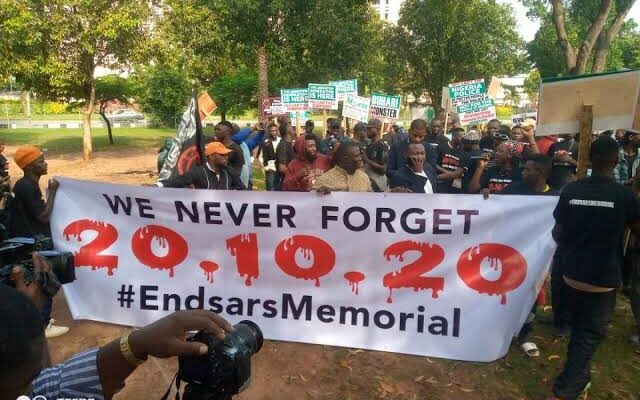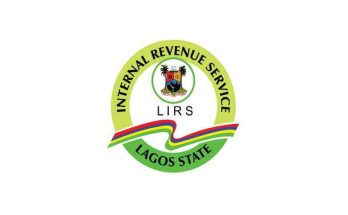By Oluwayanmife Ayobami
A memorial walk was planned to remember those that died at the shooting that happened at the Lekki tollgate during the nationwide #EndSARS protests in 2020.
However, there were a lot of police officers present at the tollgate in Lagos.
Some people may be questioning whether the actions of the police officers were right or if they followed the rules set out in the constitution.
The Nigerian Constitution guarantees the right to peaceful assembly and freedom of expression. According to Section 40 of the Constitution, every person has the right to assemble freely and associate with others for any lawful purpose. This includes the right to protest peacefully.
Section 40 of the 1999 Constitution of the Federal Republic of Nigeria as amended specially states:
“Every person shall be entitled to assemble freely and associate with other persons, and he may form or belong to any political party, trade union or any other association for the protection of his interests.”
READ ALSO: EndSARS: We remember those that died 2years after
There are some exceptions
However, the Constitution also allows for limitations on these rights in certain circumstances.
Section 45 of the Constitution states that these rights can be restricted in the interest of public safety, public order, and the protection of the rights and freedoms of others.
In the case of the police in Lagos prohibiting protests or gatherings at Lekki tollgate, they may argue that it is necessary to prevent a potential breakdown of law and order.
They may also cite concerns about public safety and the need to protect the rights of others who may be affected by the protest.
The restrictions must be reasonable
Whether or not the police are right in their decision depends on the specific circumstances and the justification provided.
It is important for any restrictions on the right to protest to be reasonable, proportionate, and in line with the Constitution.
It should be noted that the interpretation and application of constitutional rights can be subject to debate and legal interpretation.
Ultimately, it is up to the courts to determine the legality and constitutionality of such restrictions.
READ ALSO: Lagos Govt suspends planned mass burial for #EndSARS victims, gives reasons
#EndSARS Anniversary: How the protest continues to shape Nigerian society
In another story, in October 2020, Nigeria experienced a significant wave of social and political activism that left a lasting impact on the country’s history.
What started as a demand to stop police brutality evolved into a nationwide movement for fairness, responsibility, and change, capturing global attention.
The #EndSARS movement, led mainly by Nigerian young people, emerged as a strong voice for reform in a country facing deep-rooted issues.








